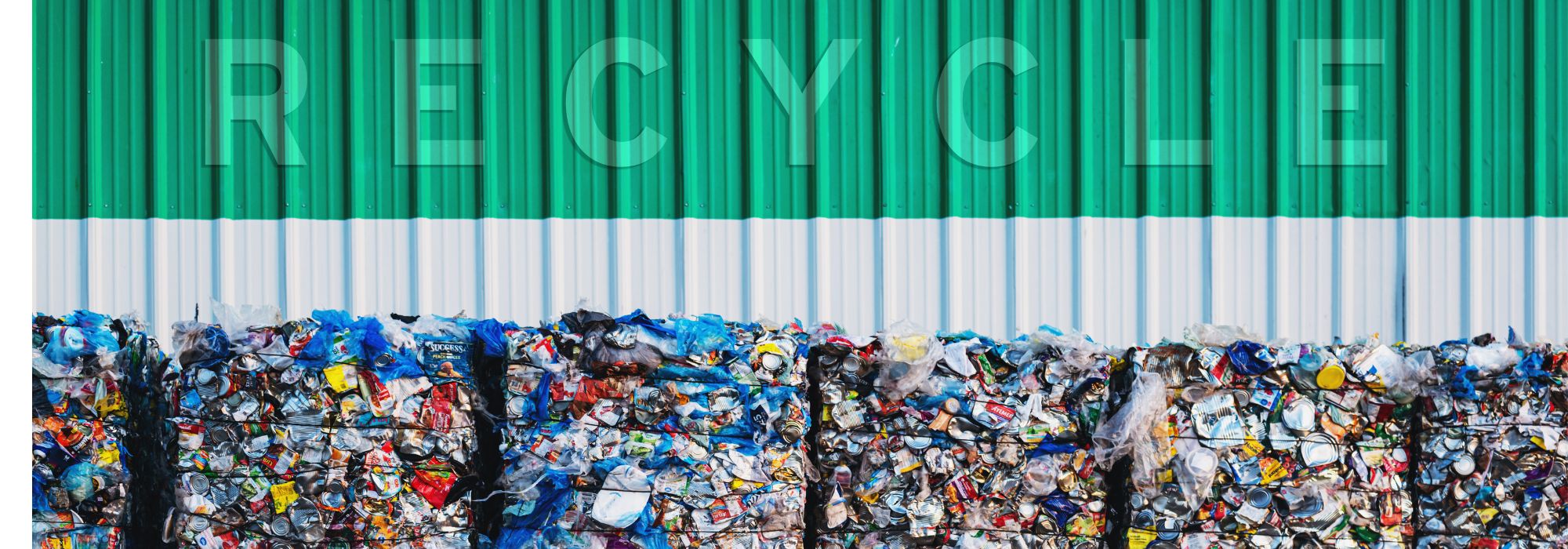Thames21 participates in RECOUP Plastics Resource and Recycling conference
Thames21 recently represented the Plastic Free Mersey project at the annual RECOUP Plastics Resource and Recycling conference, where Thames21’s Lucy publicised Mersey Rivers Trust volunteers’ discoveries (which you can explore on our StoryMaps) with a dedicated stall. The conference was chaired by Tom Heap, who is best known for presenting the BBC One programme, Countryfile and BBC Radio 4’s Costing the Earth. Sponsored by the plastics industry, with a key sponsor being Berry bpi, the conference emphasised the necessity to find a common language, common purpose and common goal amongst stakeholders. This goal is the reduction of plastic pollution and increased circularity within the plastics industry.

The first part of the conference, ‘Leading the way’, featured representatives from Coca-Cola, WWF, DEFRA, Veolia, The Co-op, and Borealis. Sam Jones, Coca-Cola’s sustainability representative, spoke of how Coca-Cola have redesigned their bottle packaging by attaching caps to bottles in the UK so that they can be recycled together. WWF’s Paula Chin spoke of government failures to make necessary policy changes, particularly with regard to delays on packaging and waste reforms through ‘Extended Producer Responsibility’. DEFRA’s Linda Crichton emphasized how society needs to move away from a ‘take, make, throw’ model, and highlighted the government’s role in incentivizing the design and use of recyclable and reusable plastic products. This incentivisation could be in the form of tax cuts on recyclable products for businesses and making recyclable and reusable products more affordable for consumers.
The panel discussion amongst these representatives emphasised the need to increase the ease of recycling, through standardized recycling facilities and messaging, because, for example, a ‘widely recyclable’ label is vague. Panellists also proposed that the costs of externalities as a result of environmental degradation, such as litter picking, should be factored into the cost of environmental policies.

The second part of the conference was entitled, ‘Right material, right place, right approach’, and included speakers from Mott McDonald, Plastics Europe, Ecosurety, Archipelago Eco Investors, One:Ex Consulting Ltd and Teeside University. Microplastics were a central part of the discussion, with Rowan Byrne from Mott McDonald highlighting his work on the ‘Capture project’ which assesses the types and quantities of plastics going in to the environment, how they are getting there, and the different species that are negatively impacted by plastics. Plastics Europe’s representative, Dr Geoff Mackey, explained the problem of ‘oxo-degradables’, plastics which break down to microplastics but do not break down at the molecular level. A key point emerging from the panel discussion was that there is no vertebrate on the planet that does not have plastic within them, and that plastic has even been traced as transferring from a breastfeeding parent to their child through biological membranes. It was highlighted that consumers can only be educated to the extent that brands participate in alleviating the impact of plastics, and that any plastic alternatives need to be priced the same and convenient to purchase.
‘Getting it done’ was the title for the third section of the conference included speakers from Greiner Packaging Ltd, Avery Dennison, Circular and Co, Berry Circular Polymers, Tomra and Cambridgeshire County Council. The session focused on how changes to plastics manufacturing and use can be delivered. It was highlighted that we have the resources for change: in the UK, we have a higher volume of recycled plastics to put into recycled products than we currently utilise. Greiner Packaging Ltd’s Rachel Sheldon highlighted their innovation in the creation of self-separating cardboard plastic combo pots, which addresses the challenge of mixed-material recycling. Circular and co’s CEP Dan Dicker emphasised the importance of returnable products, and spoke about their innovation in the creation of returnable coffee cups, designed for 1,000 uses.

The ethos of the conference was reflected in the conference catering. Returnable coffee and cold-drink cups from Circular and Co were provided, alongside bins for their disposal. From there, the cups will be washed and reused, forming part of the circular economy. Other innovations were displayed on different stands around the conference, some of which had won RECOUP’s ‘Plastics Recycling Annual Awards’, including recyclable Kit-Kat packaging made from recycled materials and a ‘Bee Saviour Card’ made from recycled packaging. This card carries three cells of sugar solution and is made from an old plastic store card that was destined for landfill. It contains enough sugar to revive an exhausted bee when you are on the go. Bees run out of energy as they fly between flowers, and it is common to encounter exhausted bees on the ground in cities. Once you are out of sugar solution the card can be returned for refilling.
Overall, the conference was an insightful and interesting experience. Informed representatives from a diverse range of organisations provided nuanced views on the complex issue of resources and recycling. Representatives acknowledged the progress that is being made in recycling and reuse, and acknowledged that all stakeholders need to work together to tackle the complex issue of plastic waste and move towards a reduce, reuse, repair, recycle model.
